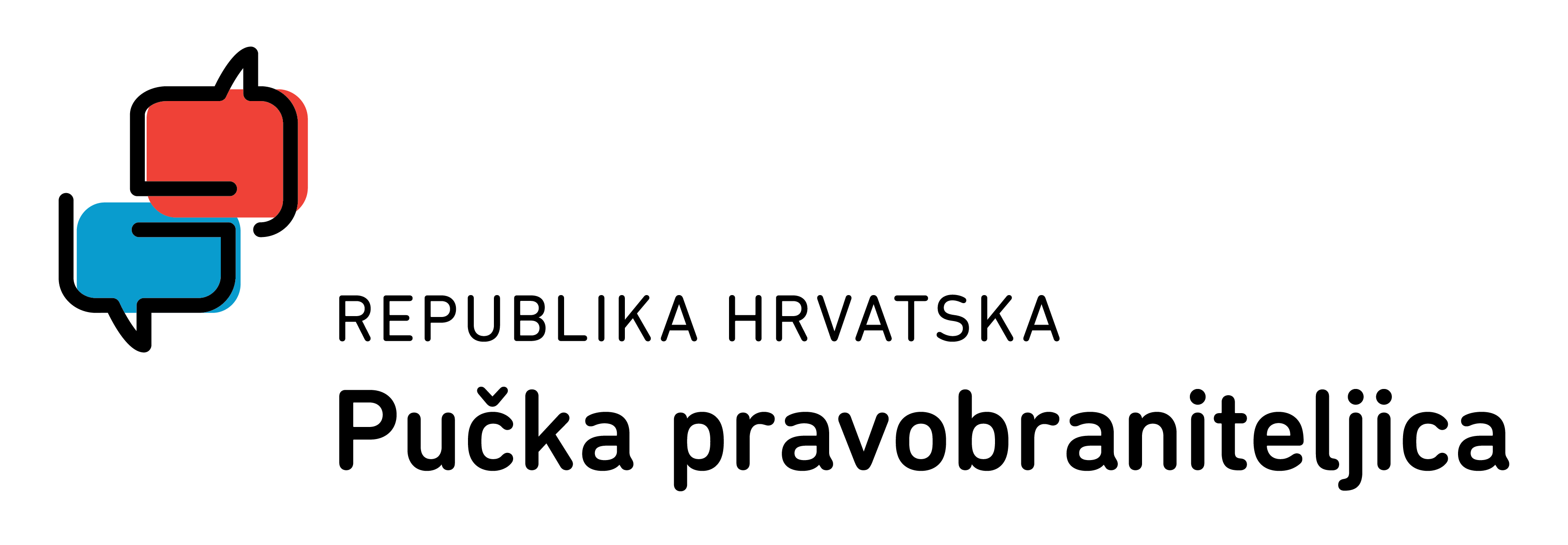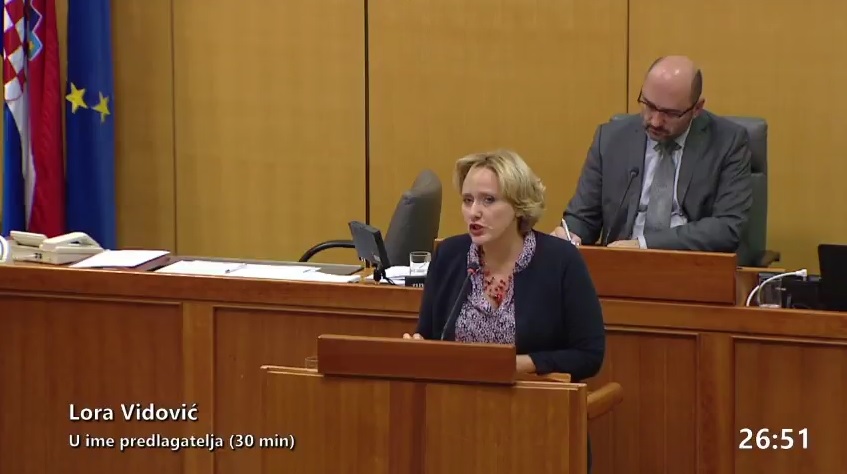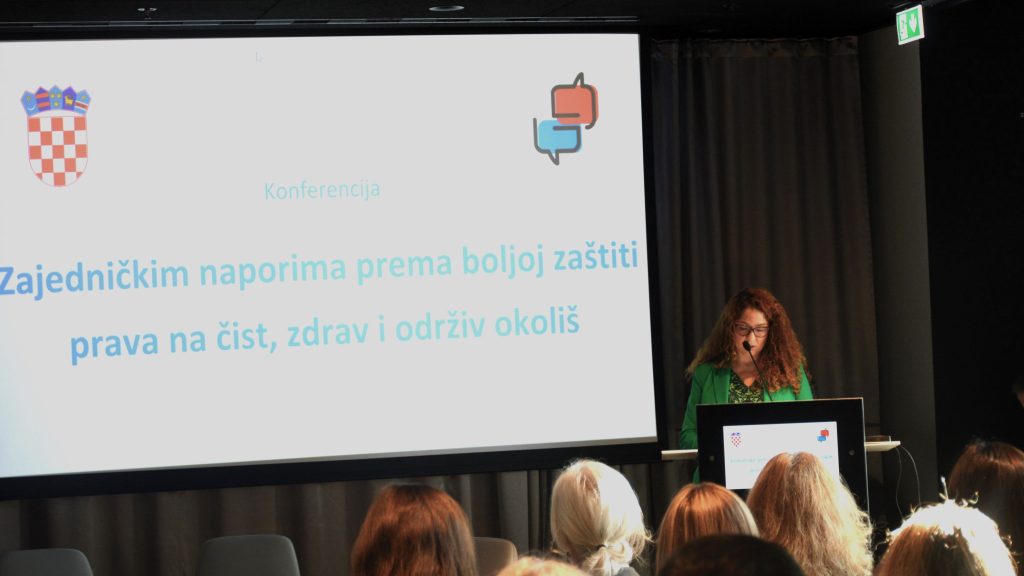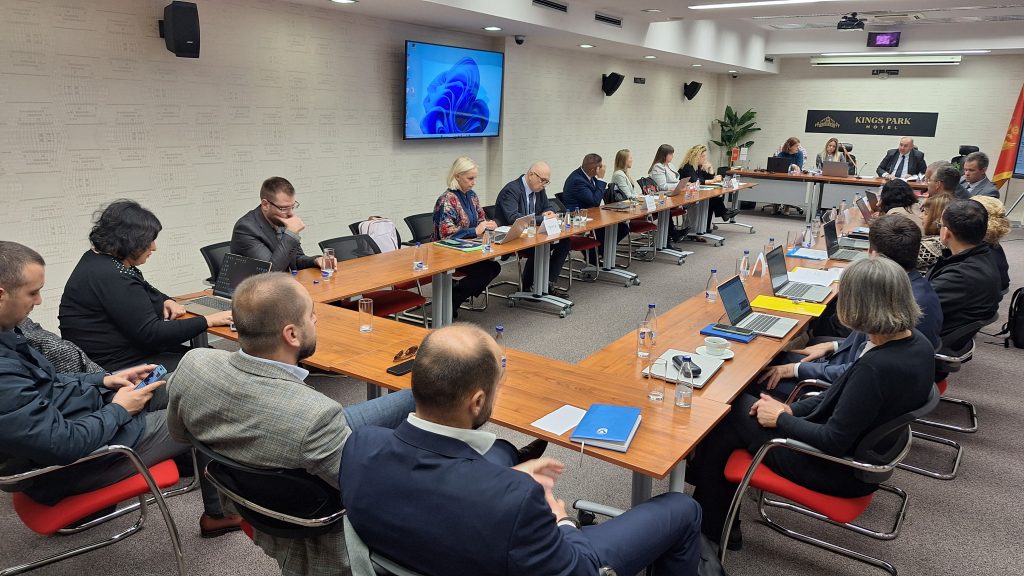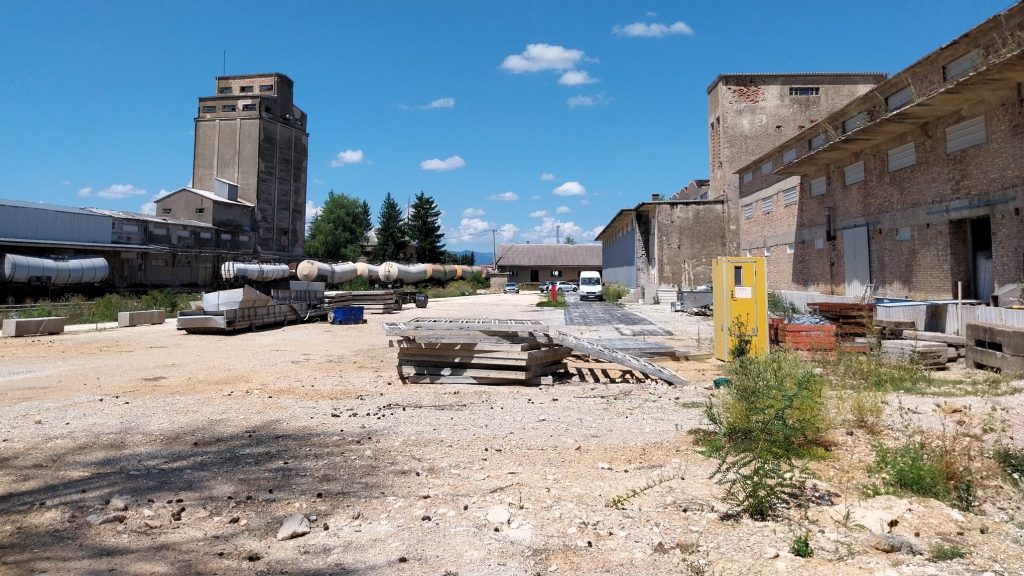Croatian parliament has accepted the Ombudswoman’s 2016 Annual report on the state of human rights and discrimination in Croatia, which includes 220 recommendations for elimination of systemic shortcomings and irregularities. 98 MPs voted for the Report at the session held on 27th October 2017.
Everyday life in 2016 was marked by difficult social situation in the country, inequality before the law and enormous distrust towards institutions at all levels, uneven rural development, intolerance and lack of dialogue in public sphere as well as tensions directed at national minorities, especially Serb and Roma, and questioning their rights. Ombudswoman Lora Vidović has been revealing those problems in previous years as well, but the year 2016 was also specific for the stagnation of public policies – legislative activity was extremely low and work on strategic documents missed. Unfortunately, in 2016 we had also witnessed the political pressure on independent institutions like the Council for Electronic Media and civil society organisations.
In her address to the Parliament the Ombudswoman elaborated numerous difficulties faced by the vulnerable groups of the society – the poor and those at risk of being socially excluded, elderly, persons with health problems, those living in rural areas, national minorities, persons deprived of liberty and others. She reminded on the fact that the Ombudswoman’s Office, since recently, chairs two most important human rights and antidiscrimination networks in Europe, which is seen as a new international confirmation of the institution’s work quality. At the end, she thanked all her deputies, civil servants and employees of the Office for the work they perform every day.
The acceptance of the Report means the support on behalf of the Croatian parliament for the Ombudswoman’s recommendations given to relevant state bodies, part of which have already been realised or preparation for it is underway. For example, the subsidies for the households’ energy reconstruction will be allocated according to the welfare criteria as a part of combat against the energy poverty. Adoption of the Strategy for rural development should help preventing the violation of human rights in the rural areas, which was also the Ombudswoman’s recommendation as well as the announced expert support in preparation of ESI projects to the local and regional governments. Pursuant to the recommendation aiming at reducing the waiting lists for medical procedures it is expected that the regulation for that would be soon adopted. According to the recommendation, a staff recruitment in the penal institutions will be exercised which should prevent the failure in providing health services to the inmates but also increase the quality of security measures for the compulsory anti addiction treatment.
These are some of 220 Ombudswoman’s recommendations from the 2016 Annual report, the implementation of which could impact on strengthening human rights protection and combating discrimination in Croatia.
